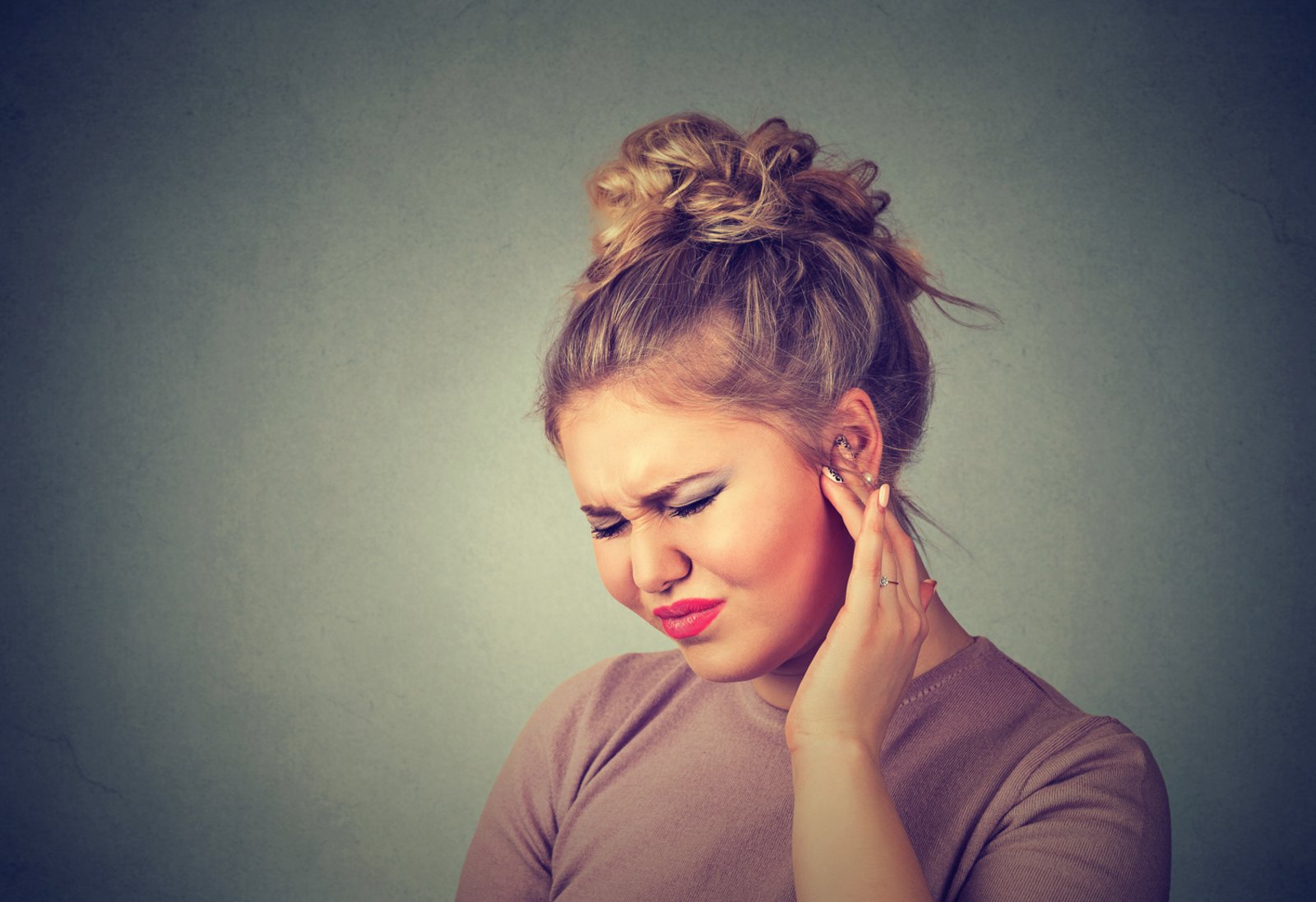
5 Common Causes of Tinnitus
And Possible Hearing Solutions
Tinnitus is the perception of sound with no external source—meaning other people cannot hear it. It commonly is described as a ringing sound, but some others experience a roaring or buzzing. With the condition being so common, approximately 10-25% of adults have it, there are some treatment options and hearing solutions, including hearing aids, cochlear implants, and tinnitus therapy that each can help reduce symptoms and improve hearing. Here are 5 common causes of tinnitus:
1. Noise exposure
Most individuals are diagnosed with tinnitus after exposure to loud noise, whether that’s in the workplace, a concert, a sporting event, and so on. This condition is the most common service-related disability among veterans, due to the loud noise experienced from gunfire, machinery, bomb blasts, or other relative noises.
2. Hearing loss
Hearing loss is often attributed to aging or exposure to loud noise, and it is strongly associated with tinnitus. However, it is possible that individuals with hearing loss will never experience tinnitus.
3. Medications
It’s important to always read the side effects of medications, as tinnitus can even be caused by certain medications—especially if they’re taken at high doses. Common medications that are associated with tinnitus include non-steroidal anti-inflammatories (e.g. ibuprofen), certain antibiotics, anticancer drugs, anti-malaria medications, and antidepressants.
4. Earwax or an ear infection
If you are experiencing a blockage of the ear canal due to earwax or fluid from an ear infection, this can trigger tinnitus, so it’s important to check in with your doctor what steps you can take to prevent the development of the condition.
5. Head or neck injuries
A head or neck injury has the ability to damage the ear structures, the nerve that carries sound signals to the brain, or areas of the brain that process sound, in turn causing tinnitus. Be sure to pay attention to your hearing after a head or neck injury.



